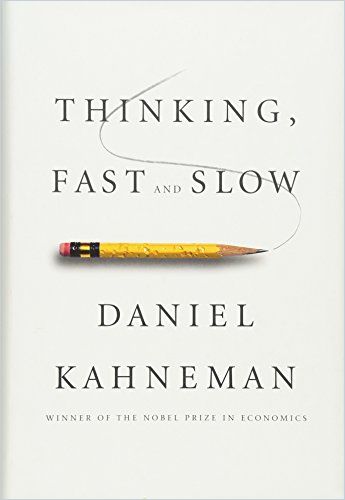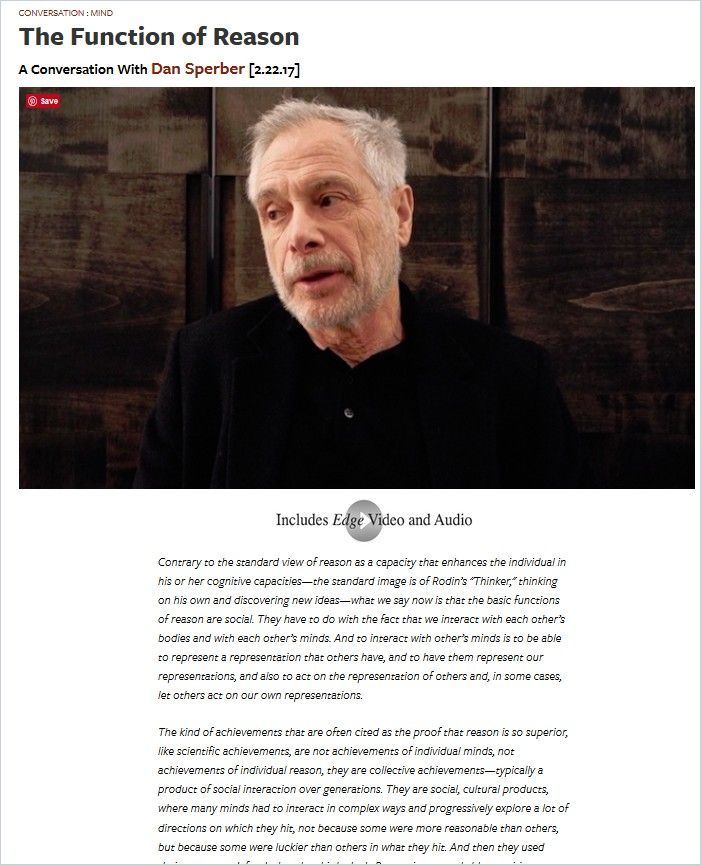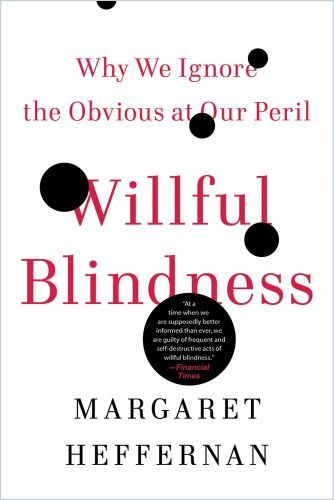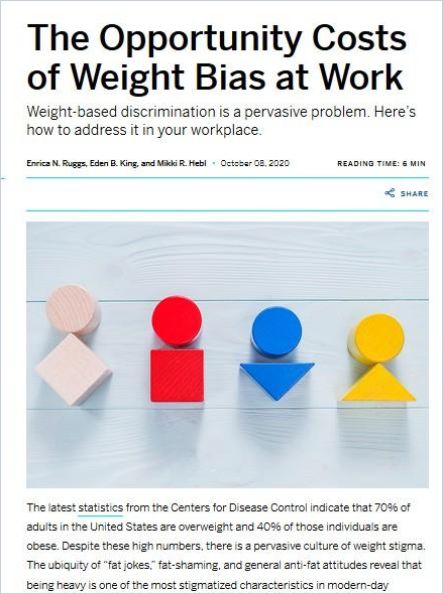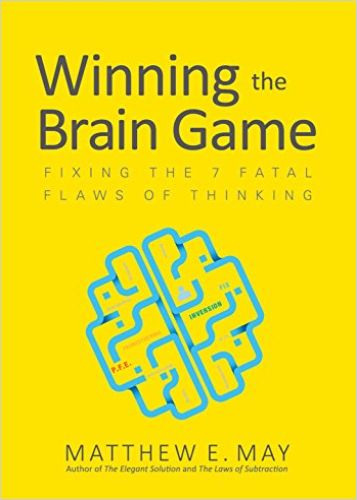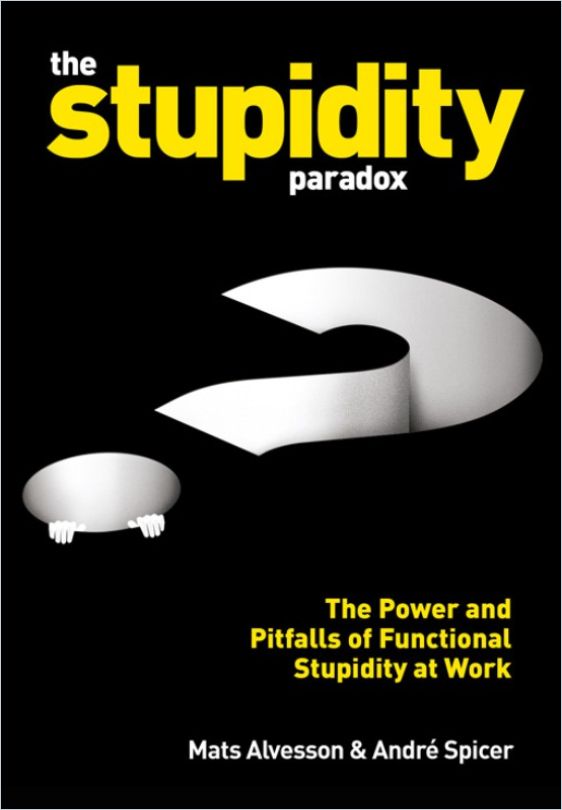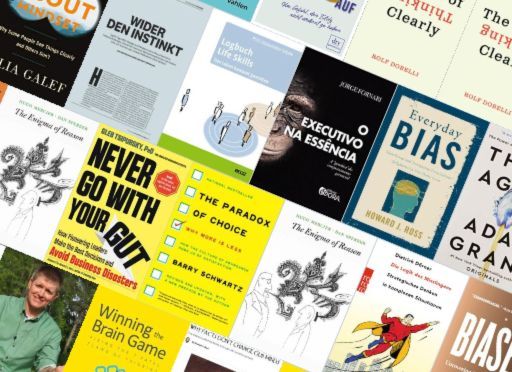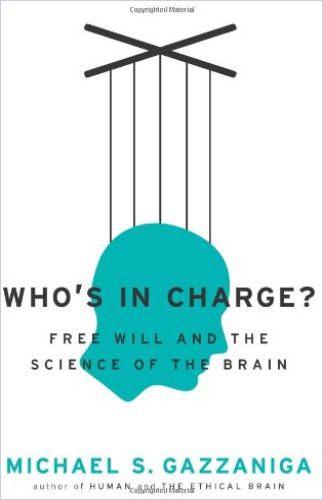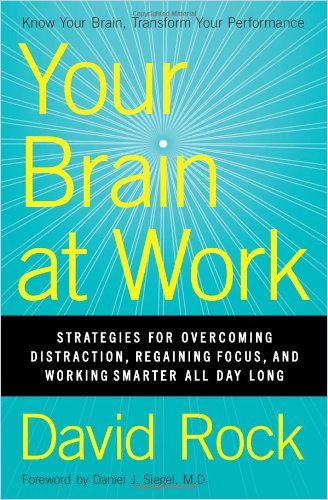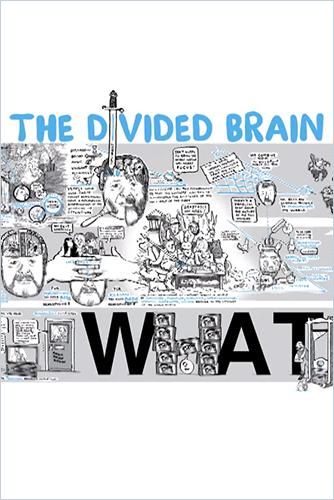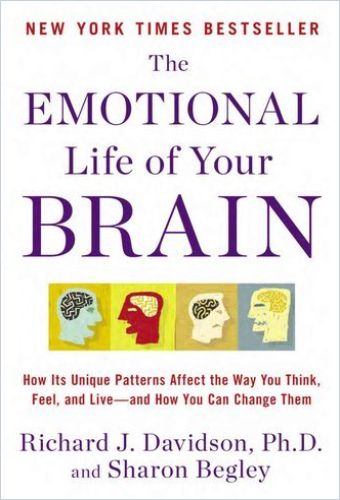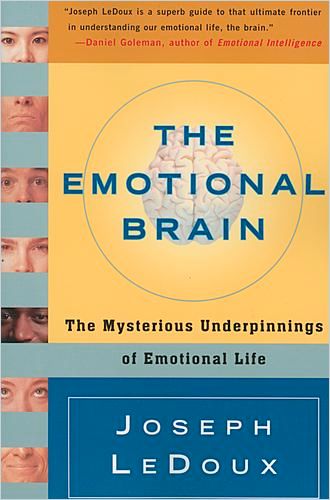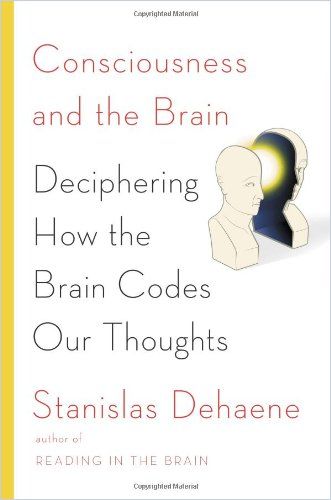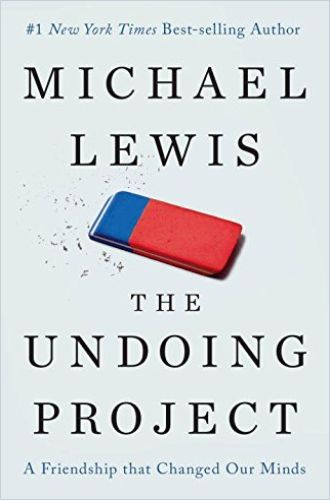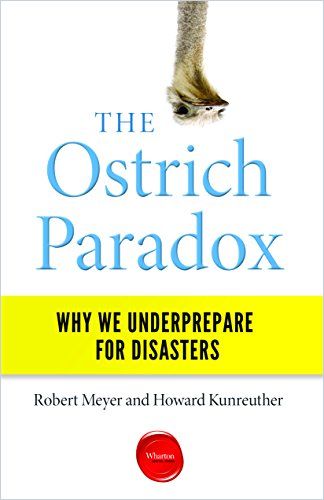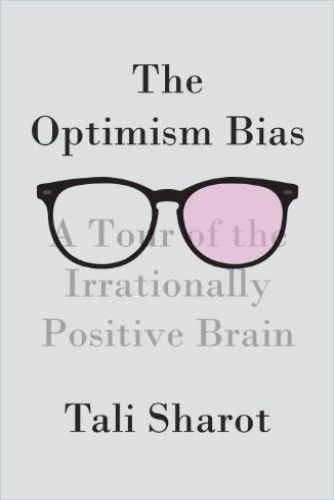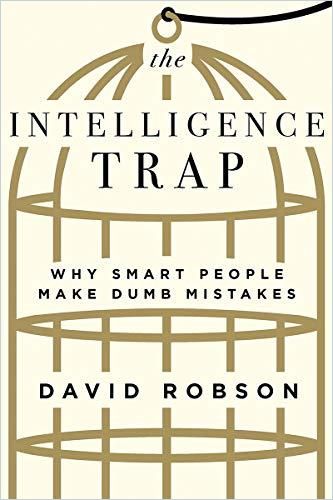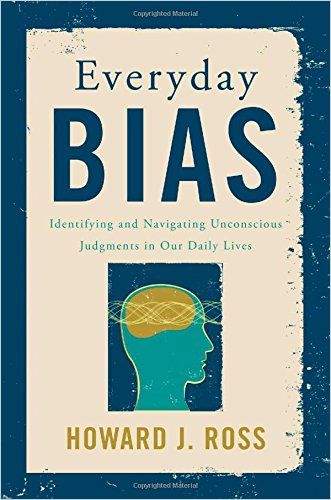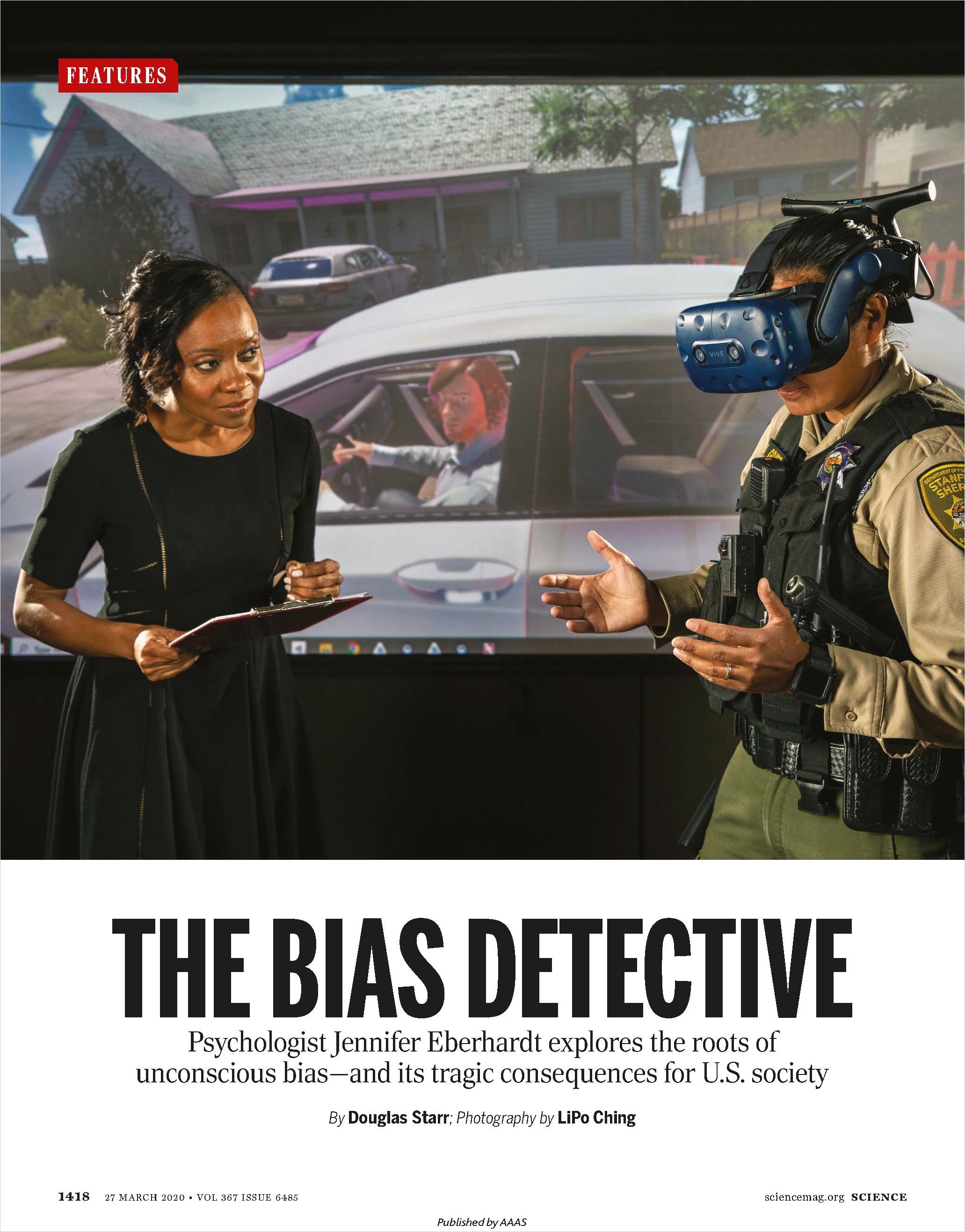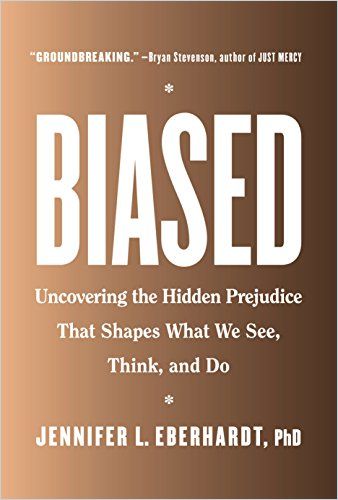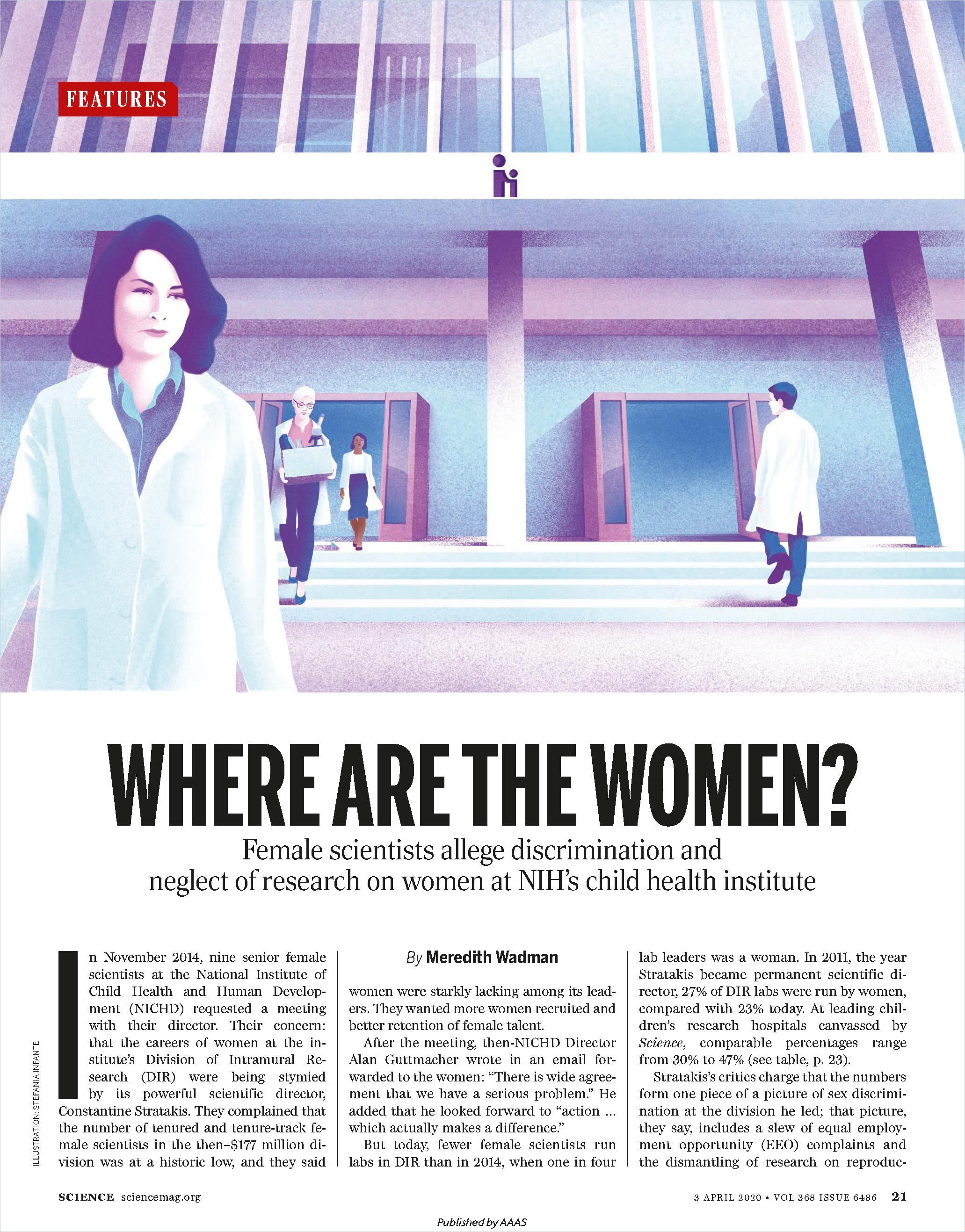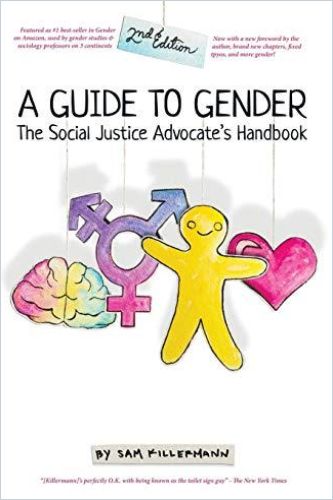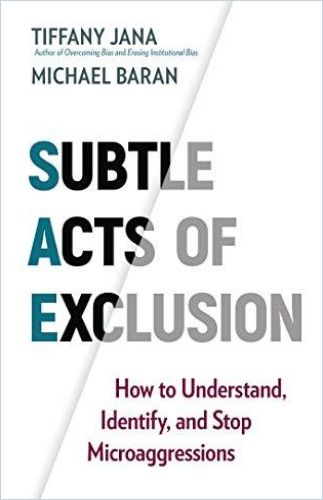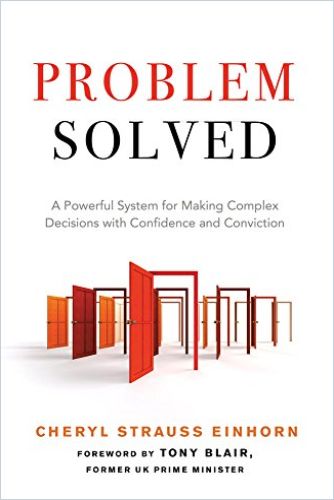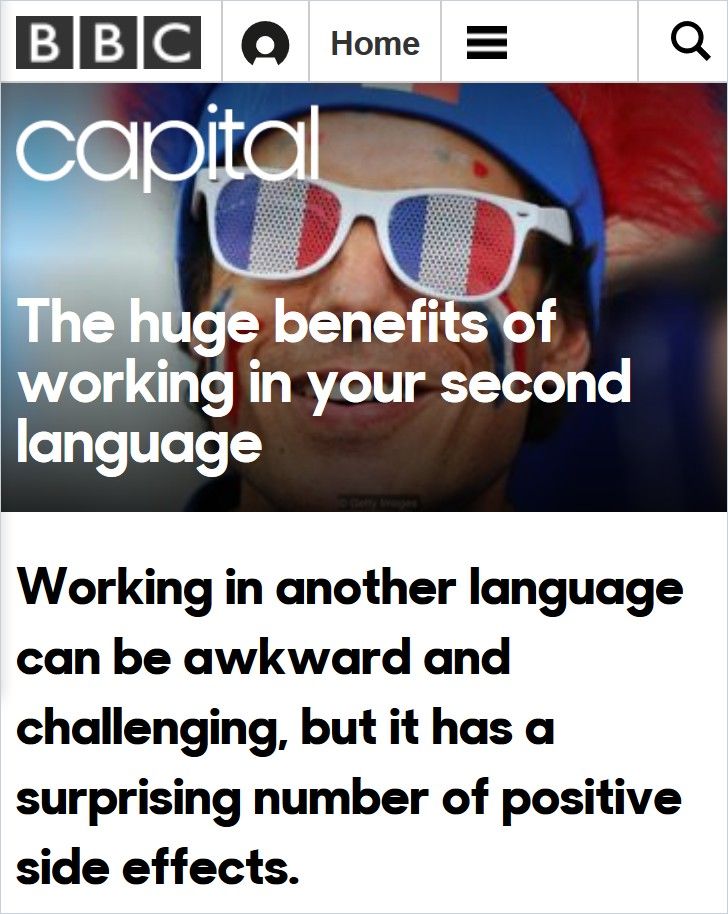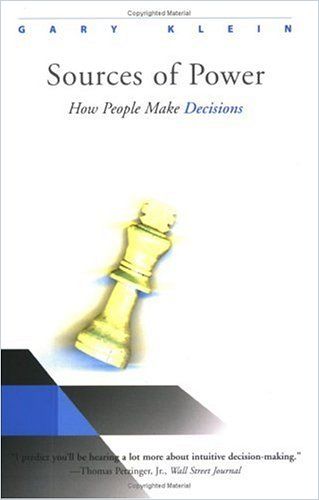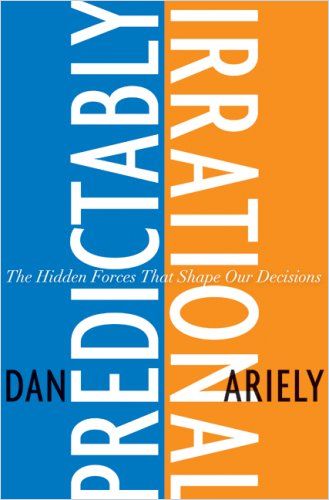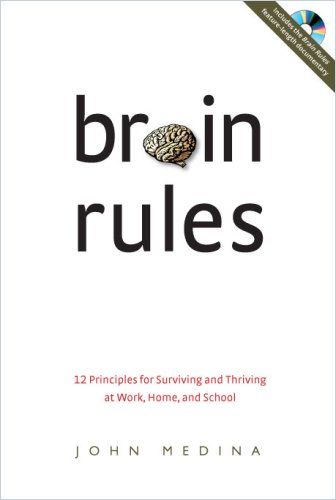Nobel Prize-winning author and psychologist Daniel Kahneman lays out the case for two systems of thinking in humans in his book Thinking, Fast and Slow. “System 1” is fast. It’s the system that reacts automatically to noise. It lets you drive without much conscious thought and answer simple questions by rote. “System 2” thinking is more deliberate. It’s the system you use to analyze data and methodically think through a problem.
The main function of System 1 is to maintain and update a model of your personal world, which represents what is normal in it.
Daniel Kahneman
These two systems interact with each other constantly. You can focus on a task using “System 2,” become tired and distracted and then find yourself doing a “System 1” task without realizing you’ve switched Systems. “System 2” demands more physical and mental resources. When you devote those resources to “System 2” thinking, “System 1” thinking relies more on stereotypes and habit. This is when biases creep into your deliberations. You also become more vulnerable to temptations and consider issues more superficially. “System 1” likes the easy answer, even when it’s not the best.
Book Summary Thinking, Fast and Slow
“Two systems” vie for control of your mind, and “two selves” decide your happiness. Can the four of you ever get along?
Daniel Kahneman FSG Here are some more ways to think about thinking:
Related Summaries in getAbstract’s Library
Book Summary Who’s in Charge?
What makes you think you’re in control of yourself?
Michael S. Gazzaniga Ecco Read Summary Book Summary Your Brain at Work
Understanding how your brain works can help you boost your mental processes, improve your focus and cope with stress.
David Rock HarperBusiness Read Summary Video Summary The Divided Brain
This time her husband came along, founding his own company where Ursula is on the board.
Iain McGilchrist RSA Read Summary Book Summary The Emotional Life of Your Brain
Is your “Emotional Style” helping or hindering you?
Richard J. Davidson and Sharon Begley Plume Read Summary Book Summary The Emotional Brain
Humans since the ancient Greeks have been trying to understand their emotions. This book presents the current theories.
Joseph LeDoux Simon & Schuster Read Summary Book Summary Consciousness and the Brain
A thorough overview of contemporary scientific thought regarding consciousness.
Stanislas Dehaene Viking Read Summary Book Summary The Illusion of Conscious Will
You believe your thoughts cause your actions, but perhaps your will is not always really in charge.
Daniel M. Wegner MIT Press Read Summary As you learn more about your brain, you begin to see that many of your foibles and mistakes come down to the way your brain is built.
David Rock
Reason Is Not Always Reasonable
For cognitive scientist Dan Sperber, the reason for reason is social: to persuade others and to build consensus. Humans prefer to think fast, and cognitive biases provide the mental shortcuts that make it easier to do so, but this leads to erroneous thinking. For instance, Kahneman and his colleague Amos Tversky found that people tend to suspend disbelief when they hear information formulated as a story, even more so if that story aligns with their pre-existing beliefs.
Article Summary The Function of Reason
Human reasoning is inherently faulty – so what’s its evolutionary purpose?
Dan Sperber Edge People are generally biased towards optimism, favor present over future gains, and are unconsciously influenced by “anchoring,” meaning that the first piece of data concerning a topic sticks most firmly in your mind and “anchors” your understanding of what follows, even if that information is incorrect, a tactic often used in negotiations.
There are more than one hundred of these kinds of cognitive biases. Read more about them here:
Related Summaries in getAbstract’s Library
Book Summary The Undoing Project
Michael Lewis details how two brilliant friends changed how the world thinks about thought and reason.
Michael Lewis W.W. Norton Read Summary Book Summary The Ostrich Paradox
Why do people hide their heads in the sand?
Howard Kunreuther and Robert Meyer Wharton Digital Press Read Summary Book Summary The Optimism Bias
Your brain’s optimistic nature can help you make better life and business decisions.
Tali Sharot Pantheon Books Read Summary Book Summary The Elephant in the Brain
What better way to deceive others than to deceive yourself?
Kevin Simler and Robin Hanson Oxford UP Read Summary Book Summary The Intelligence Trap
Sometimes, intelligent people do stupid things.
David Robson W.W. Norton Read Summary Video Summary The Backwards Brain Bicycle
Learning how to ride a bike is easy. Unlearning how to ride a bike? Not so much.
Destin Sandlin Smarter Every Day Read Summary Biases Can Hurt You and Others
People often have political, racial, ethnic or gender biases as well, biases that lead them to selectively search out supportive information, known as “confirmation bias,” and ignore contradictory information. Combined with anger, this tendency makes people more vulnerable to misinformation. Groups of people with similar unconscious biases entrench what become systemic biases.
Book Summary Willful Blindness
Hindsight is 20/20, but daily insight is not, so take off your blinders and avoid future trauma by opening your eyes.
Margaret Heffernan Walker & Company Social support makes it easier to do things or believe in ideas that would feel a lot more uncomfortable if we were on our own.
Margaret Heffernan
Read more about these kinds of biases and their consequences here:
Related Summaries in getAbstract’s Library
Book Summary Everyday Bias
Free your decision making from unconscious biases.
Howard J. Ross Rowman & Littlefield Publishing Group, Inc. Read Summary Article Summary The Bias Detective
Psychologist Jennifer Eberhardt shows how unconscious racial bias can be overcome in turbulent times.
Douglas Starr Science Read Summary Book Summary Biased
Bias is innate and affects all your perceptions. Luckily, that doesn’t mean your views can’t change.
Jennifer L. Eberhardt PhD Viking Read Summary Article Summary Where Are the Women?
Scientists claim NICHD’s former director discriminated against women, and neglected female health studies.
Meredith Wadman Science Read Summary Report Summary Bias and Barriers
Low female labor participation casts an economic shadow over the Middle East and North Africa.
Nazila Fathi Finance & Development Read Summary Book Summary A Guide to Gender
Gender is more complex than checking off a box labeled “man” or “woman.” Prepare to go down the rabbit hole.
Sam Killermann Impetus Books Read Summary Article Summary The Opportunity Costs of Weight Bias at Work
Learn to recognize and reduce weight-based bias in the workplace.
Enrica N. Ruggs, Eden B. King and Mikki R. Hebl MIT Sloan Management Review Read Summary Article Summary This Is Your Brain on Nationalism
Humanity is uniquely adaptable, but can people escape their hardwired biases?
Robert Sapolsky Foreign Affairs Read Summary Book Summary Subtle Acts of Exclusion
An inclusive corporate culture fosters greater collaboration, productivity, happiness and connection.
Tiffany Jana and Michael Baran Berrett-Koehler Read Summary Develop Better Thinking Habits
Ward against cognitive biases by deliberately slowing your thinking. In his book Winning the Brain Game, Matthew E. May suggests “framestorming” as a way to avoid leaping to conclusions. It’s a combination of framing problems and brainstorming, where instead of generating as many answers as possible without judgment, you generate as many questions as possible, probing the whys, whats, what ifs and hows of your problem. Read his other suggestions for short-circuiting biased thinking:
Book Summary Winning the Brain Game
When you’re trying to puzzle out a problem, your thinking can fail in seven predictable ways.
Matthew E. May McGraw-Hill Here’s some additional reading on upping your thinking game:
Related Summaries in getAbstract’s Library
Book Summary Problem Solved
The “AREA Method” provides a framework for putting ideas to good use in solving problems.
Cheryl Strauss Einhorn Career Press Read Summary Article Summary The Huge Benefits of Working in Your Second Language
Working in a second language can offer surprising advantages – even if you’re not fluent.
José Luis Peñarredonda BBC Read Summary Book Summary Sources of Power
Make decisions like an expert.
Gary Klein MIT Press Read Summary Book Summary Predictably Irrational
Revealing exposé of decision making based on anecdotes and insights from experiments in behavioral economics.
Dan Ariely Harper Read Summary Book Summary Brain Rules
Want to use your brain like a champ? Learn what scientists know about the marvelous machine in your head.
John Medina Pear Press Read Summary And for those concerned about the institutional effects of sloppy thinking, authors Mats Alvesson and Andre Spicer describe several ways to avoid it:
Book Summary The Stupidity Paradox
Why do so many organizations actively encourage stupidity? And how can they get smart?
Mats Alvesson and André Spicer Profile Books Read more in our Cognitive Biases channel:
Channel Cognitive Neuroscience

